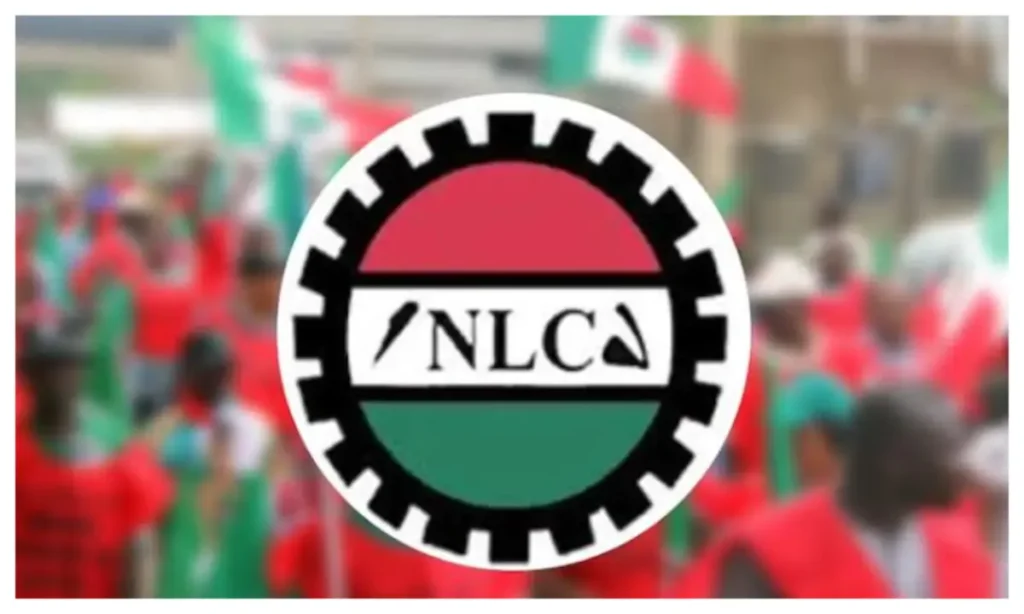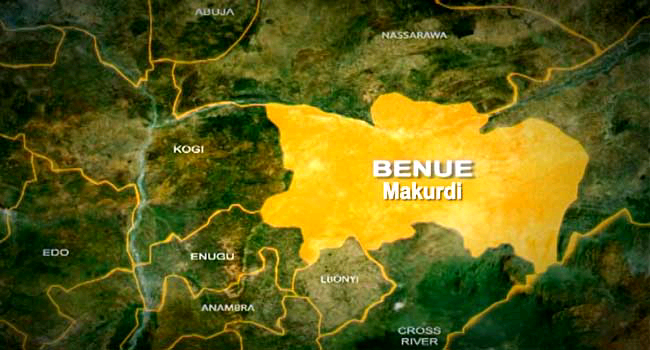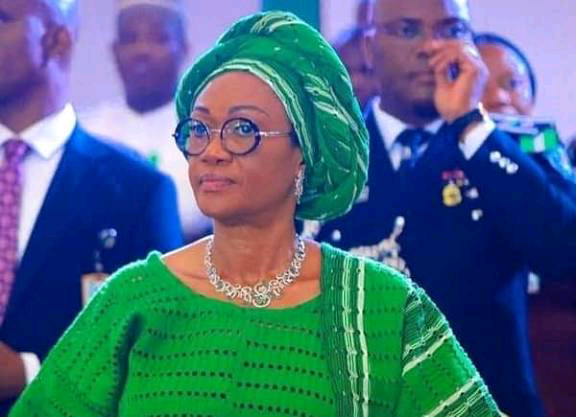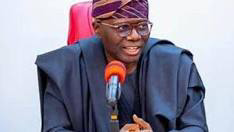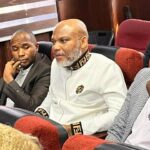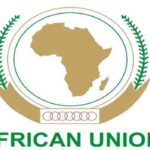Apologise to Yoruba Nation Activist, Sunday Igboho Over Home Raid, Soyinka Tells FG
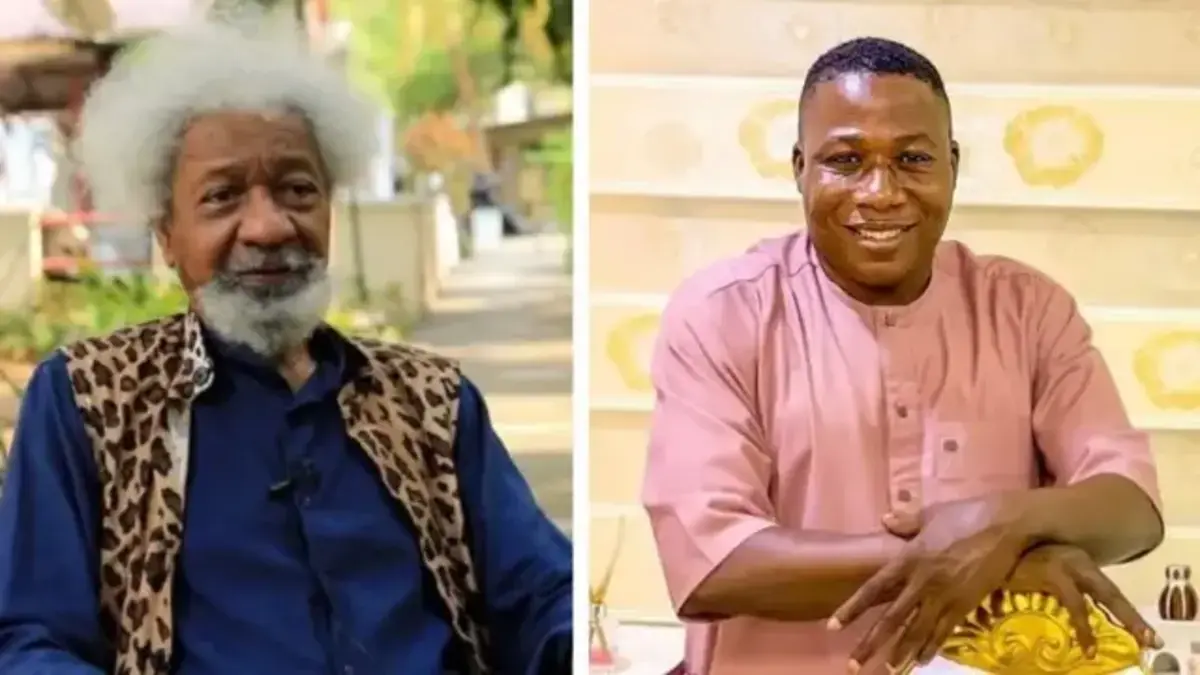
Nobel Laureate Professor Wole Soyinka has urged the Federal Government of Nigeria to tender a formal apology to Yoruba nation activist Chief Sunday Adeyemo, popularly known as Sunday Igboho, following the controversial invasion of his residence in Soka, Ibadan, Oyo State.
The raid, carried out in July 2021 by operatives of the Department of State Services (DSS) and the Nigerian Army, was prompted by allegations that Igboho was stockpiling arms and ammunition.
During the operation, two of his associates were killed and several others were arrested. The incident sparked widespread debate over the legality and proportionality of the government’s actions.
Speaking through a video broadcast shared by Igboho’s media aide, Olayomi Koiki, Soyinka described the raid as “bizarre” and “unlawful.”
He criticised the government for treating Igboho as a criminal rather than respecting his rights as a citizen. Soyinka said:
“My advice is not so much to Igboho as it is to the government… They should stop pursuing this person as a criminal because they began by acting in a criminal fashion against him.”
He further warned that if Igboho were brought to trial, the government would likely face embarrassment due to the irregularities surrounding the invasion.
Soyinka insisted that the Federal Government should publicly acknowledge its mistakes, apologise, and allow Igboho to return safely to his home without the threat of persecution.
Sunday Igboho, a prominent advocate for the creation of a Yoruba nation, had been under surveillance by security agencies prior to the raid. Authorities accused him of stockpiling weapons, a claim he has consistently denied.
The DSS maintained that the operation was necessary to prevent potential violence, while critics have argued that it violated constitutional rights and set a dangerous precedent for dealing with political activists.
The raid also intensified discussions about the limits of state power, citizens’ rights, and the handling of separatist or regionalist movements in Nigeria. Soyinka noted that advocating for self-determination, as Igboho has done, is not inherently criminal and should not be treated as such by the government.
Soyinka’s intervention has added a high-profile voice to the growing chorus calling for accountability and respect for human rights in Nigeria. Observers note that his call for an apology underscores concerns about excessive force used against activists and the broader tension between national security imperatives and citizens’ constitutional freedoms.
The Federal Government has not publicly responded to Soyinka’s demand, but the issue continues to dominate discussions among legal experts, civil society organizations, and the media, particularly concerning how the state engages with high-profile activism and movements advocating for regional autonomy.
As the debate continues, Soyinka’s appeal highlights the delicate balance the Nigerian government must maintain between maintaining national security and respecting the rights of citizens, even those with dissenting or separatist views.


